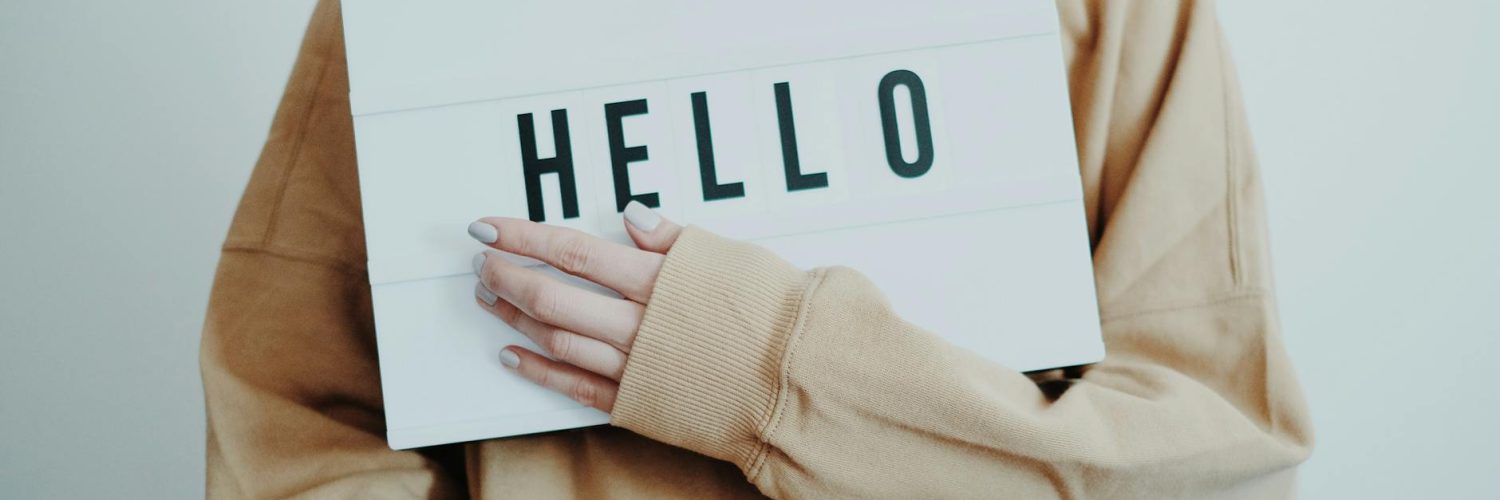We’re all caught in the whirlwind of daily life, rushing from task to task, often without a second thought about the strangely fascinating details that make up our routines. But what if I told you that your seemingly mundane morning commute holds hidden secrets, your habit of chewing gum reveals surprising psychological truths, and even the way you fold your laundry impacts your mental state? Prepare to have your day-to-day life re-evaluated, one quirky observation at a time.
The Shower: More Than Just a Rinse
Think your morning shower is just a quick cleanse? Think again. The temperature of your water subtly influences your mood. A hotter shower can be invigorating, but too hot can leave you feeling depleted. A cooler shower, while initially shocking, can actually boost alertness and energy levels, thanks to the body’s response to cold. The act of showering itself is a mini-meditation, a transition from sleep to wakefulness, a silent ritual that sets the tone for the day. Consider experimenting with a slightly cooler rinse at the end to feel the extra boost.
The Commute: A Microcosm of Human Behavior
That stressful commute? Well, it’s a fascinating sociological experiment unfolding daily. Observe the subtle dances of personal space on public transport, the shared glances of mutual understanding amongst fellow commuters bracing for the same delays, and the silent battle for the last available seat. Your commute is a shared human experience, a brief, unspoken connection with strangers united by their common destination. Try turning off your phone and simply observing – you might be surprised by what you notice.
The Coffee Ritual: A Powerful Placebo?
The morning coffee ritual is more than just caffeine; it’s a mini-performance, a comforting routine that kickstarts our brains and bodies. The aroma, the taste, the warmth of the mug – these sensory inputs create a powerful placebo effect, boosting mood and alertness even before the caffeine kicks in. Experiment with different brewing methods, try exploring unique coffee blends, to add a layer of anticipation and excitement to your daily ritual. It’s not just about the caffeine; it’s about the whole experience.
Lunch Break: The Unsung Hero of Productivity
The lunch break is crucial, yet often neglected. It’s not merely a time to refuel; it’s a vital opportunity to step away from the screen, recharge your mental batteries, and return to work with renewed focus. A quick walk, a chat with a colleague, or even just a few minutes of mindfulness can significantly improve afternoon productivity. Make your lunch break a deliberate act of self-care, not just a hasty meal at your desk.
The Evening Unwind: Beyond Screens and Scrolls
Scrolling endlessly through social media before bed isn’t relaxing; it’s stimulating. The blue light emitted from screens interferes with melatonin production, making it harder to fall asleep. Instead, try a relaxing ritual: a warm bath, reading a physical book, listening to calming music, or gentle stretching. These activities signal to your brain that it’s time to wind down, promoting better sleep and a more restful night.
The Power of the Tiny Habit: Folding Laundry, Mindfully
Folding laundry might seem insignificant, but the act of consciously folding each item can be surprisingly meditative. It’s a repetitive task that allows for mental clarity, a moment of quiet reflection amidst the chaos of the day. Consider it a mini-mindfulness exercise, focusing on the texture of the fabric, the feel of each fold, and the satisfaction of a neatly organized drawer. This apparently mundane task can contribute to a sense of calm and accomplishment. La science inattendue de l'ordinaire : les merveilles cachées dans votre quotidien
Chewing Gum: A Surprisingly Revealing Habit
That seemingly harmless piece of gum? It’s a window into your subconscious. The act of chewing is often linked to stress, boredom, or even suppressed anxiety. If you find yourself chewing more than usual, it might be a signal to address underlying stress. However, chewing gum can also improve focus and memory, according to certain studies, possibly through increased blood flow to the brain. Pay attention to your chewing habits: are they a coping mechanism, or a simple sensory indulgence?
The Unexpected Joy of Chores
Cleaning and organizing aren’t inherently joyful, but they offer a unique sense of accomplishment. The satisfaction of a sparkling clean kitchen or a neatly organized closet isn’t just about aesthetics; it’s about regaining control in a world that often feels out of our grasp. It’s a form of self-care, an act of mindful engagement that clears both physical and mental clutter.
Practical Takeaways:
- Temperature-controlled showers: Experiment with cooler water for an energizing start.
- Mindful commute: Turn off your phone and observe your surroundings.
- Elevated coffee ritual: Explore different brewing methods and beans.
- Strategic lunch break: Step away from your desk for mindful rest and recharge.
- Screen-free evenings: Replace screen time with calming activities.
- Mindful laundry folding: Engage your senses and appreciate the process.
- Gum chewing awareness: Pay attention to the frequency and context of gum chewing.
- Mindful cleaning: View chores as acts of self-care and control.
Daily life, in its seemingly mundane repetition, is full of surprising wonders. By paying closer attention to these seemingly insignificant details, we can uncover hidden joys, unexpected benefits, and a deeper appreciation for the rhythm of our own lives.

























Ajouter un commentaire